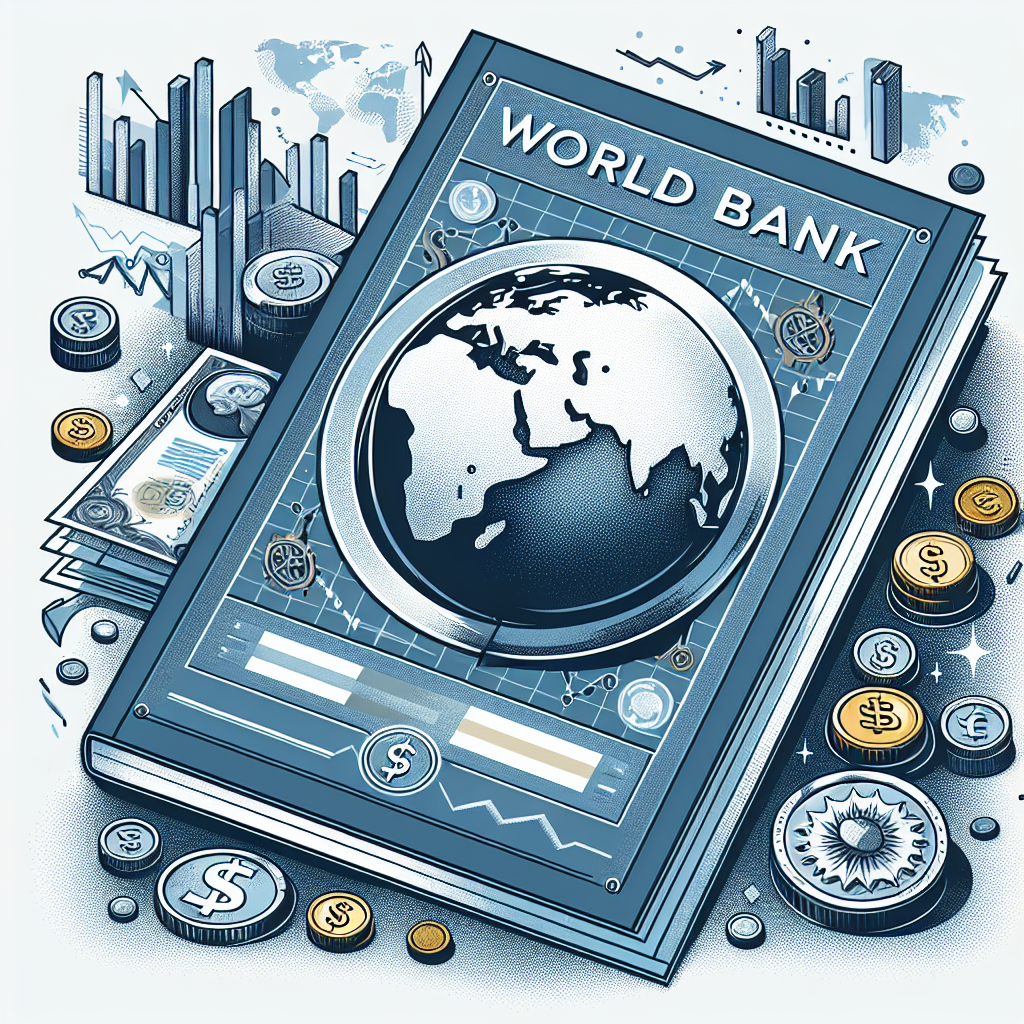World Bank: Côte d’Ivoire Growth Strong, Needs Tax Reform to Cut Poverty
In 2024, Côte d’Ivoire recorded 6% GDP growth, well above the global average of 2.8% and the Sub-Saharan African regional average of 3.2%.

- Country:
- South Africa
Côte d’Ivoire’s economy continues to post robust growth, showing resilience in the face of global challenges, but the country will need to strengthen tax revenue mobilization to accelerate its economic transformation and sustainably reduce poverty, according to the World Bank’s 15th Economic Update released this week.
Titled “Tax Revenue Mobilization: A Catalyst for Productivity and Economic Transformation”, the report highlights both Côte d’Ivoire’s recent progress and the reforms still needed to secure long-term inclusive growth.
Strong Growth Despite Global Uncertainty
In 2024, Côte d’Ivoire recorded 6% GDP growth, well above the global average of 2.8% and the Sub-Saharan African regional average of 3.2%. This performance was driven by private investment, a dynamic services sector, and contained inflation of 3.5%, ensuring stability in consumer purchasing power.
On the fiscal front, the country improved its budget deficit, narrowing it from 5.2% of GDP in 2023 to 4% in 2024, while public debt remained sustainable at around 60% of GDP. These improvements reflect efforts to maintain macroeconomic discipline despite external shocks.
Poverty Reduction Still a Challenge
While Côte d’Ivoire has made progress in reducing poverty, more effort is required to reach the government’s target of 20% by 2030, down from 36.5% today. The World Bank warns that growth must become more inclusive and equitable, focusing on job creation, productivity gains, and broader tax revenue mobilization to reduce inequality.
“Côte d’Ivoire has a unique opportunity to turn its recent successes into more inclusive, productive, and resilient growth. To achieve this, the mobilization of tax resources is essential to finance public services, infrastructure and investments in human capital,” said Marie-Chantal Uwanyiligira, World Bank Division Director for Côte d’Ivoire, Benin, Guinea, and Togo.
Tax Revenue Mobilization: A Key Lever
The report stresses that tax reform is central to Côte d’Ivoire’s future growth strategy. The country’s tax-to-GDP ratio rose from 11.9% in 2019 to around 14% in 2024, one of the fastest improvements in West Africa.
However, this figure remains below both the 20% benchmark set by the West African Economic and Monetary Union (WAEMU) and the 21.7% average expected of countries at Côte d’Ivoire’s development stage.
According to the World Bank, raising tax revenue above 15% of GDP could lift annual economic growth by 1 to 2 percentage points, sustaining another decade of growth at 7–8% annually. This would create fiscal space for crucial investments in:
-
Education to strengthen skills and competitiveness.
-
Healthcare to improve wellbeing and productivity.
-
Infrastructure such as roads, energy, and transport.
-
Social protection programs to reduce inequality.
Outlook and Risks
The medium-term outlook remains positive, with GDP expected to grow by 6.2% in 2025 and averaging 6.4% through 2027. Growth will be driven by hydrocarbons, services, and private investment, reflecting strong investor confidence in the country’s economic trajectory.
However, the report warns of risks, including:
-
Geopolitical instability in West Africa.
-
Climate change, threatening agriculture and food security.
-
Global trade tensions that could disrupt exports.
-
Shifts in development assistance, affecting external financing.
A Call for Transformation
Ultimately, the report calls for a new growth model focused on:
-
Productivity gains through innovation and modernization.
-
Investment in human capital, especially education and training.
-
Private sector development, to create jobs and spur entrepreneurship.
-
Efficient taxation, ensuring fair contributions and sustainable public finances.
With reforms, Côte d’Ivoire could position itself as one of Africa’s fastest-growing and most competitive economies, capable of achieving upper-middle-income status while reducing poverty and inequality.










